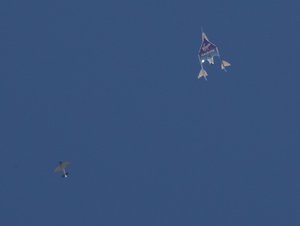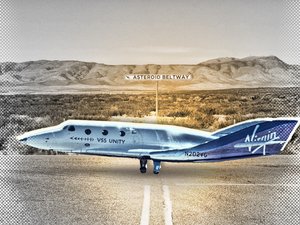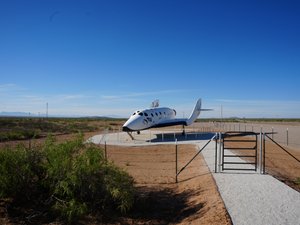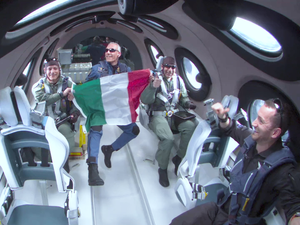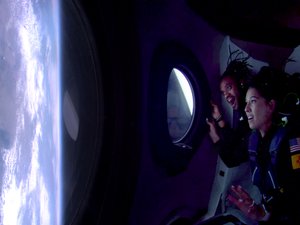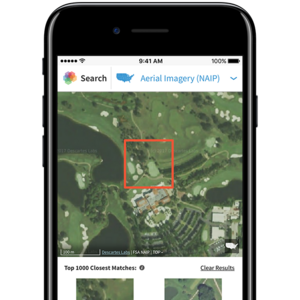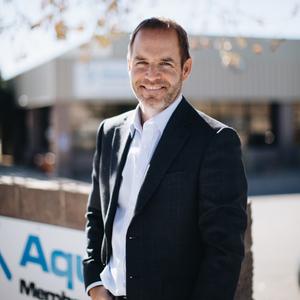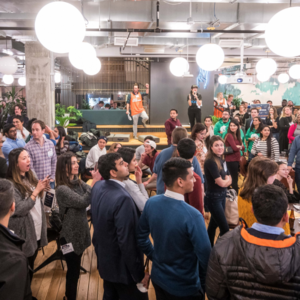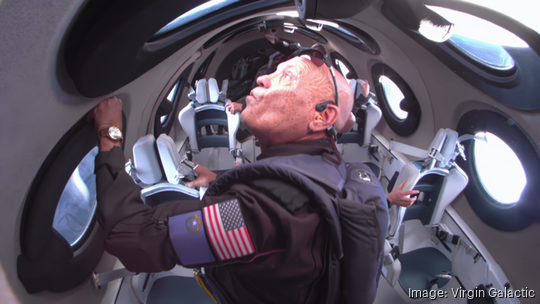
For the fourth time in as many months, Virgin Galactic (NYSE: SPCE) has flown a crew of astronauts into the far upper reaches of the atmosphere out of New Mexico's Spaceport America.
The space tourism company launched its "Galactic 03" mission just after 8:30 a.m. Friday morning. VSS Unity, Virgin's spaceship that carries the crew, landed back at Spaceport America at about 9:35 a.m., an approximately one-hour flight. The three private astronauts on board VSS Unity — which became Virgin Galactic astronauts 014, 015 and 016, according to the company — spent roughly five minutes in zero gravity before returning to Earth.
Those three individuals include Ken Baxter from the U.S., Timothy Nash, a British citizen from South Africa, and Adrian Reynard from the U.K. They're the first of what Virgin Galactic calls its group of "Founder" astronauts, or the earliest people to purchase tickets for seats on board the company's spaceship. The crew bought their tickets as early as 2005, well before the 18,000-acre Spaceport outside Truth or Consequences had started construction.
Virgin's next commercial flight is planned for early October.
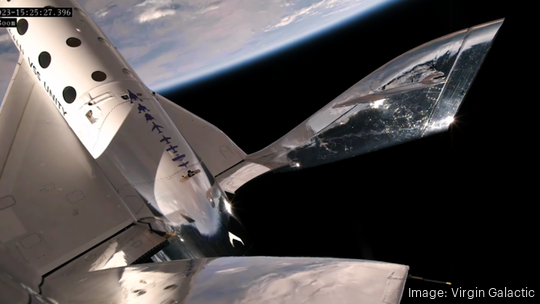
Friday's flight came just under a month after Virgin flew its "Galactic 02" mission Aug. 10, which marked the first time the company had flown private astronauts into space. Its first commercial spaceflight came June 29 through a research mission with a crew of Italian Air Force officers and an Italian researcher; about a month prior to that on May 25, a group of "mission specialists" flew on board VSS Unity to assess Virgin's spaceflight system and astronaut experience ahead of kicking off its commercial service.
Unlike its two previous commercial spaceflights, Virgin Galactic did not livestream the Sept. 8 mission, although it did post a brief clip from inside VSS Unity's cabin to its Twitter/X account. That could be the case going forward, as well, as the company flies private customers to the upper reaches of the atmosphere on a more regular basis.
"A lot — maybe not all — but a lot of our future astronauts are quite excited to tell their own story, but don't necessarily want us to broadcast their personal experience," Michael Colglazier, Virgin Galactic's CEO, said during the company's Q2 earnings calls Aug. 1. "And so, we'll find a balance. I think you'll always hear us talking about when our flights go, there'll always be recaps, there'll always be footage and video pieces out — there doesn't always need to be kind of a detailed streaming of the interior of the cabin for each group of private astronauts that fly."
It's part of Virgin's focus on customer experience, Colglazier added.
"This is a both-and type of a scenario. We have to first and foremost focus on our customers, deliver the experience they want, deliver the quality and not kind of overly commercialize their personal experience," he said. "They've put a lot of energy and effort, aspiration into this, and we have to deliver that. And when we do that right, that is the absolute best marketing we will get because they will be missionary for us."
The company has a large astronaut training campus planned to be built in Southern New Mexico, it announced in August 2022, but hasn't provided many updates on when that facility could be operational. Tickets for Virgin Galactic flights cost $450,000, and the company currently has around 800 reservations — about a four-year backlog, Colglazier said during the August earnings call. General sales for seats on board VSS Unity are on pause as Virgin ramps up its flight cadence and works through that backlog, he added.
A next generation of spaceships — called the "Delta" class — is also in the works, set to be assembled at a facility in Arizona. Those upgraded ships could help Virgin fly more regularly, at a clip of more than once a month.
The price of Virgin Galactic Holdings Inc. stock (NYSE: SPCE) has trended down over the past three months after a spike at $6.01 on June 20, per MarketWatch. It opened Friday at $2.36 and sits just short of $2.30 at the time of publishing.
